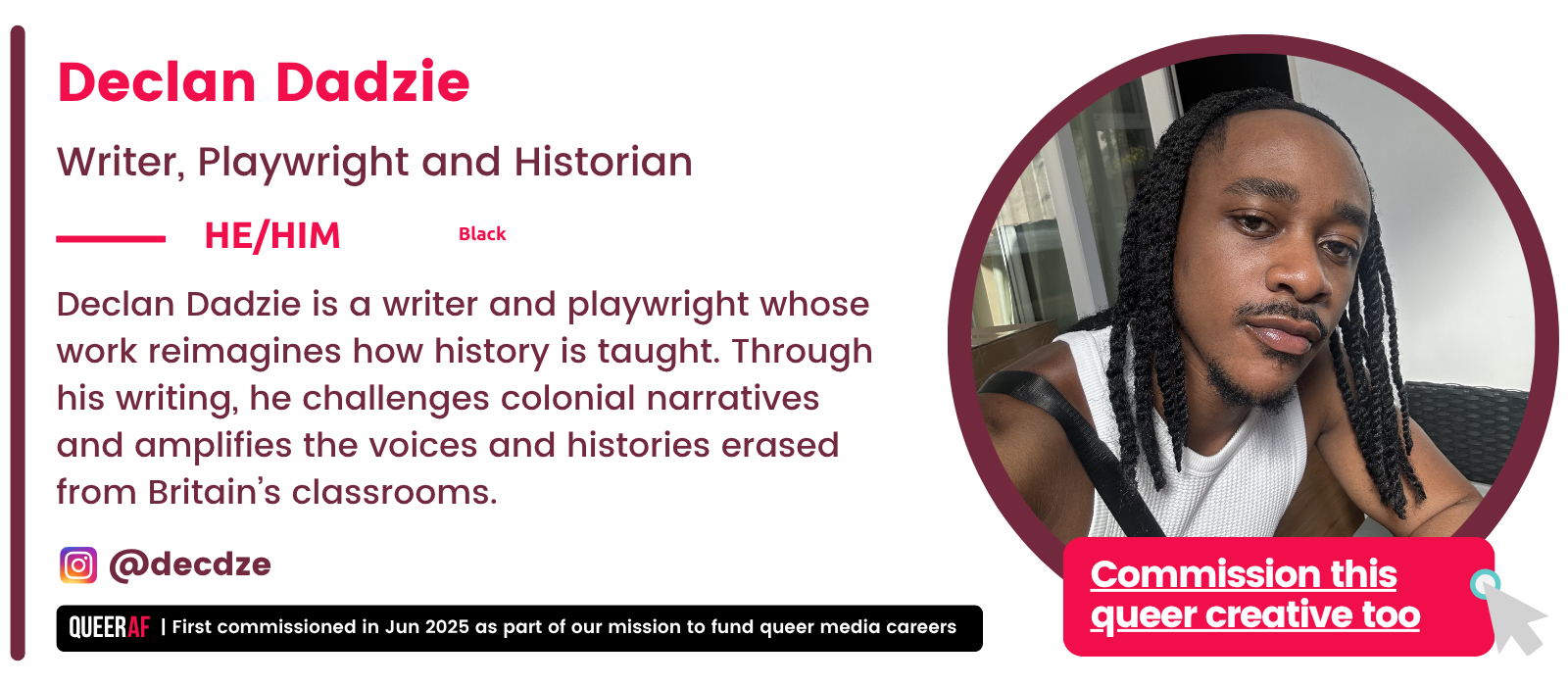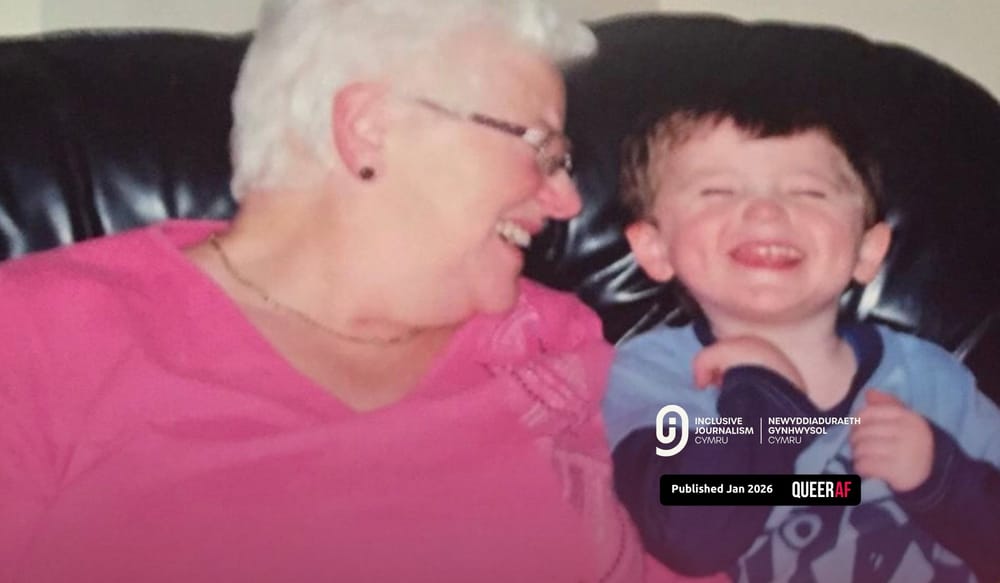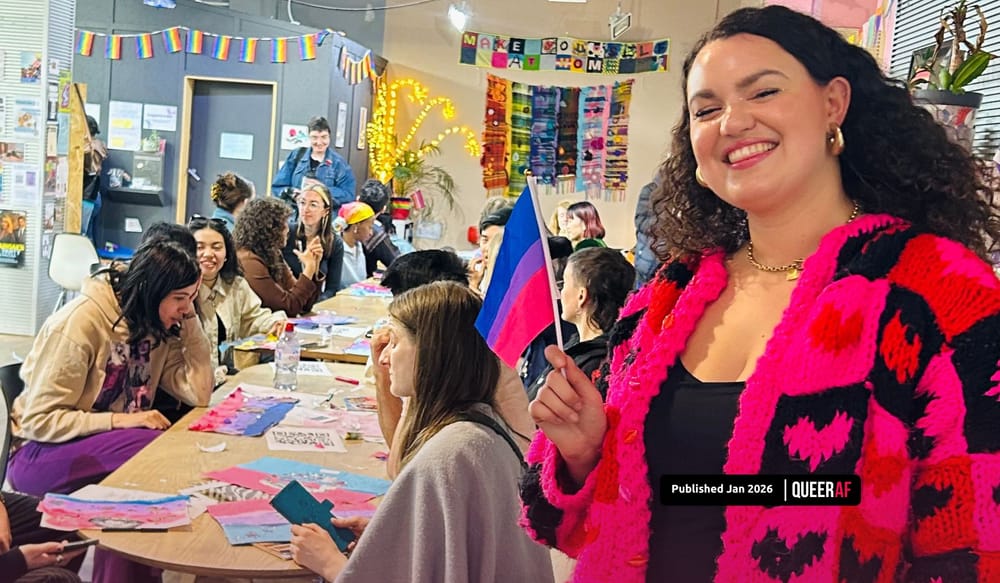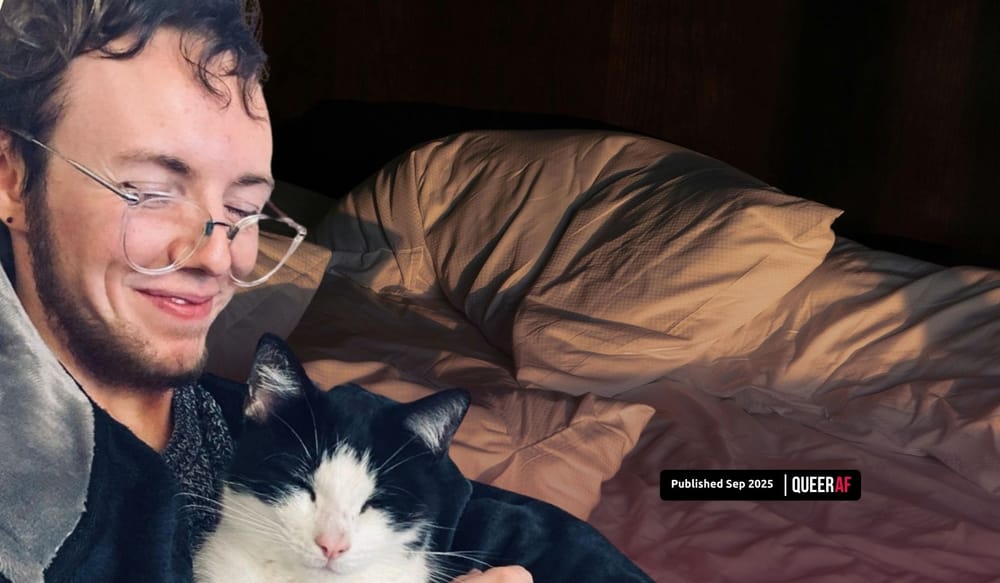
At an early age, I discovered that my existence didn’t matter in the stories I was taught at school. I was only present in the margins, erased from the histories that shaped those around me.
Despite profound contributions, narratives of Black queer groups remain largely absent from Britain’s classrooms.
This not only perpetuates a colonial education system but also affects the mental health and sense of belonging of Black LGBTQIA+ youth in Britain and beyond. With the closure of many Black queer history archives, the work of preservation becomes even more urgent.
Research from Just Like Us’s Growing Up LGBT+ report found that Black LGBT+ pupils in the UK are “twice as likely as their white peers” to not feel safe in school. They’re also more likely to experience depression (61%), anxiety disorders (58%) and panic attacks (42%). The lack of safety and belonging can, in part, be traced to the absence of representation in scholarship. When schools fail to reflect the intersections of their students, they reinforce exclusion – rather than acceptance.
These numbers feel painfully familiar. I learned from an early age that anything which deviated from the norm wasn’t welcome. When history lessons touched on British identity, they never spoke to mine. Queer Black people were non-existent. I learned how to shrink and be quiet to survive. It’s a skill many Black queer people know all too well.
That curiosity eventually led me on a journey of self-discovery. I came across the story of the Black Lesbian Group (BLG). Founded in Camden in 1984, BLG sought to challenge the misogynoir and homophobia Black gay women face. The group provided something that many were not doing at the time: physical space for Black lesbians to exist freely and create networks of solidarity outside the structures that excluded them.
This won't be news to many Black queer people who’ve come before me, but even in my generation, not much has changed. Many of us have had to dig for the fragments of our pasts, piecing together what should have been freely taught. Finding these stories wasn’t just educational; it was healing. It allowed me to reclaim parts of myself I was taught to hide.
As I reflect on these histories and their omissions, I’m reminded that the absence of Black queer history in mainstream education reflects a wider societal neglect. Reclaiming and protecting this history is not just an act of nostalgia, it is an act of preservation.
To build a future where every Black queer young person can thrive and belong, we must recognise Black queer history as foundational, not peripheral, to Black British history.

More than a month
At QueerAF, we're obsessed with journalism and storytelling that puts lived experience in the driving seat.
So we're thrilled to be able to bring you Phil Samba's perspective - and those of several other Black queer creatives - this Black History Month 2025.
As a small indie publisher, we've done this series on a shoe-string budget. Everyone's been paid, and received mentoring and support - but imagine what we could do with more resources.
This month, our ask to you is this: if you learn, grow from or enjoy our UK Black History Month series, consider investing in it.
Help us fund even more Black, queer and trans creatives to tell stories - all year around.










